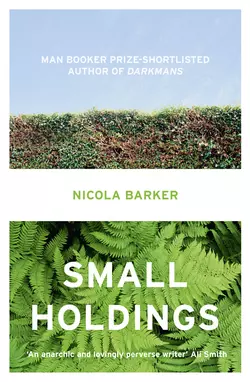Small Holdings

Nicola Barker
Тип: электронная книга
Жанр: Современная зарубежная литература
Язык: на английском языке
Стоимость: 232.15 ₽
Статус: В продаже
Издательство: HarperCollins
Дата публикации: 16.04.2024
Отзывы: Пока нет Добавить отзыв
О книге: Hilarious, poignant and frequently surreal, Small Holdings is a is a comedy of errors from a neglected corner of everyday life by the brilliantly unconventional Nicola Barker.An attractive park in Palmers Green plays host to Phil, a chronically shy gardener who feels truly at home only with his plants. He and his gentle colleague Ray, a man with all the sense of a Savoy cabbage, are tortured by Doug, their imposing and unpredictable supervisor, and a malevolent one-legged ex-museum curator called Saleem. In love with the truck-obsessed Nancy, Phil strives nobly to maintain his equilibrium despite being systematically mystified, brutalised, drugged, derided and seduced. But when he loses his eyebrows, he decides to fight back.